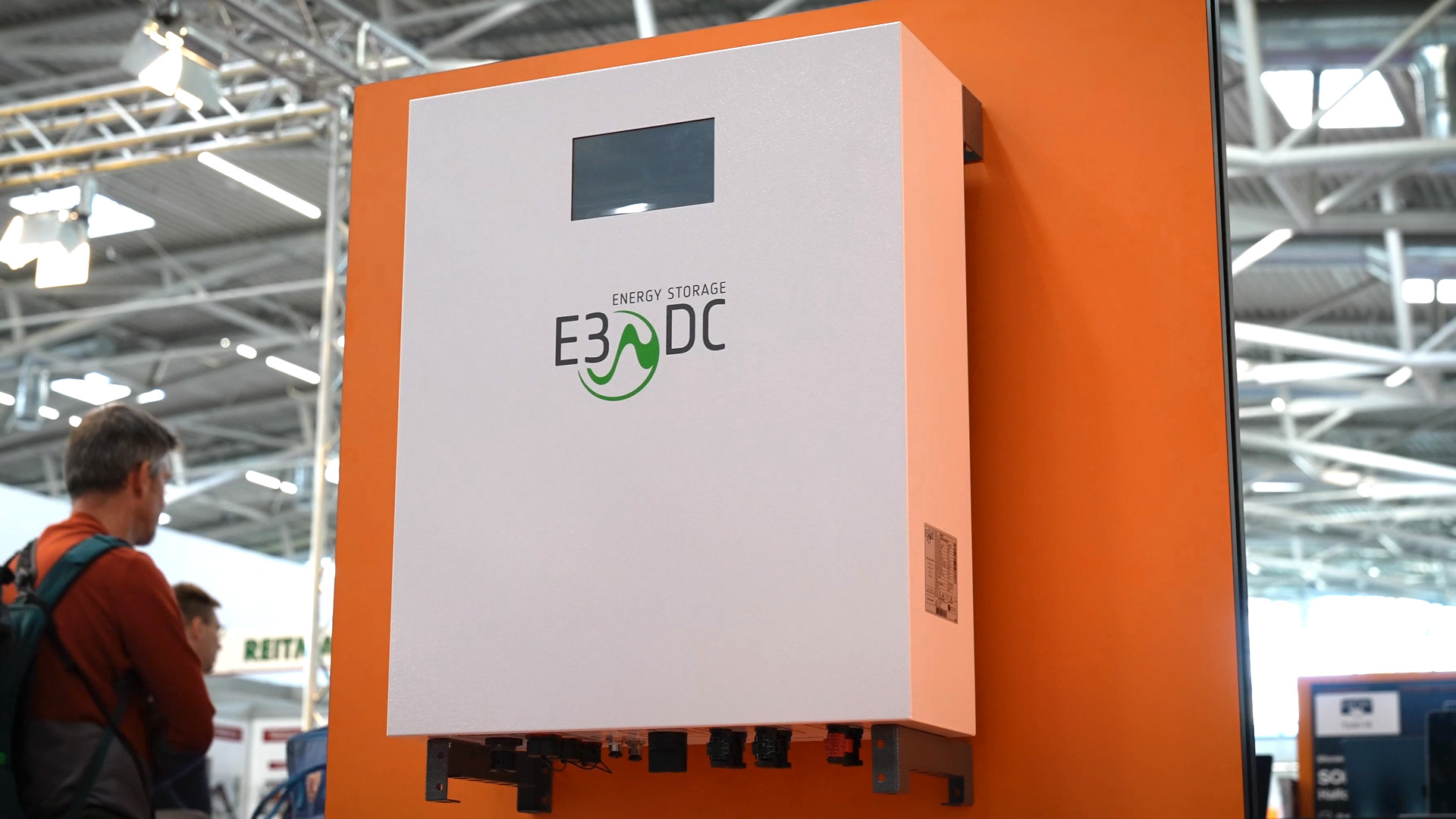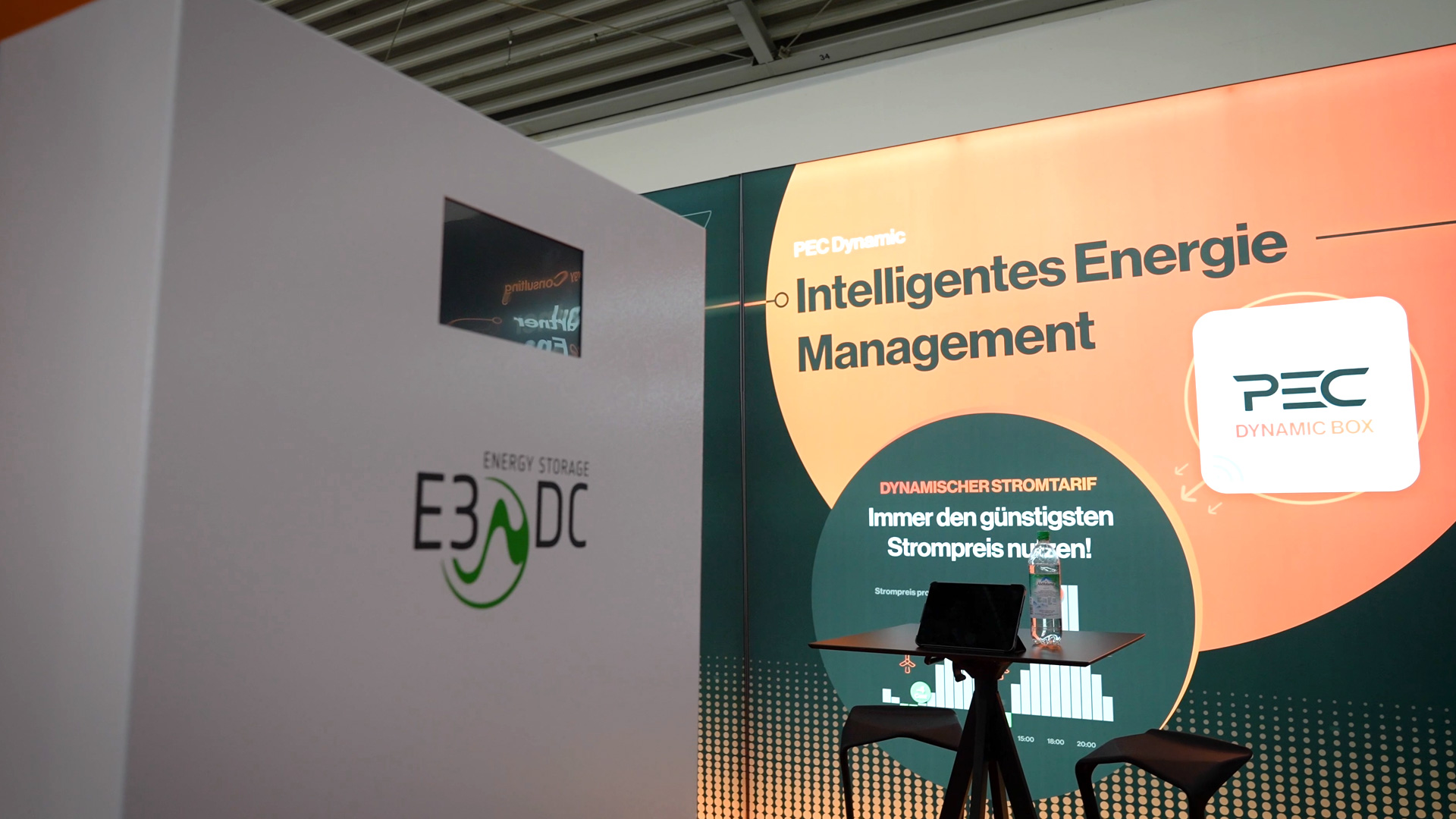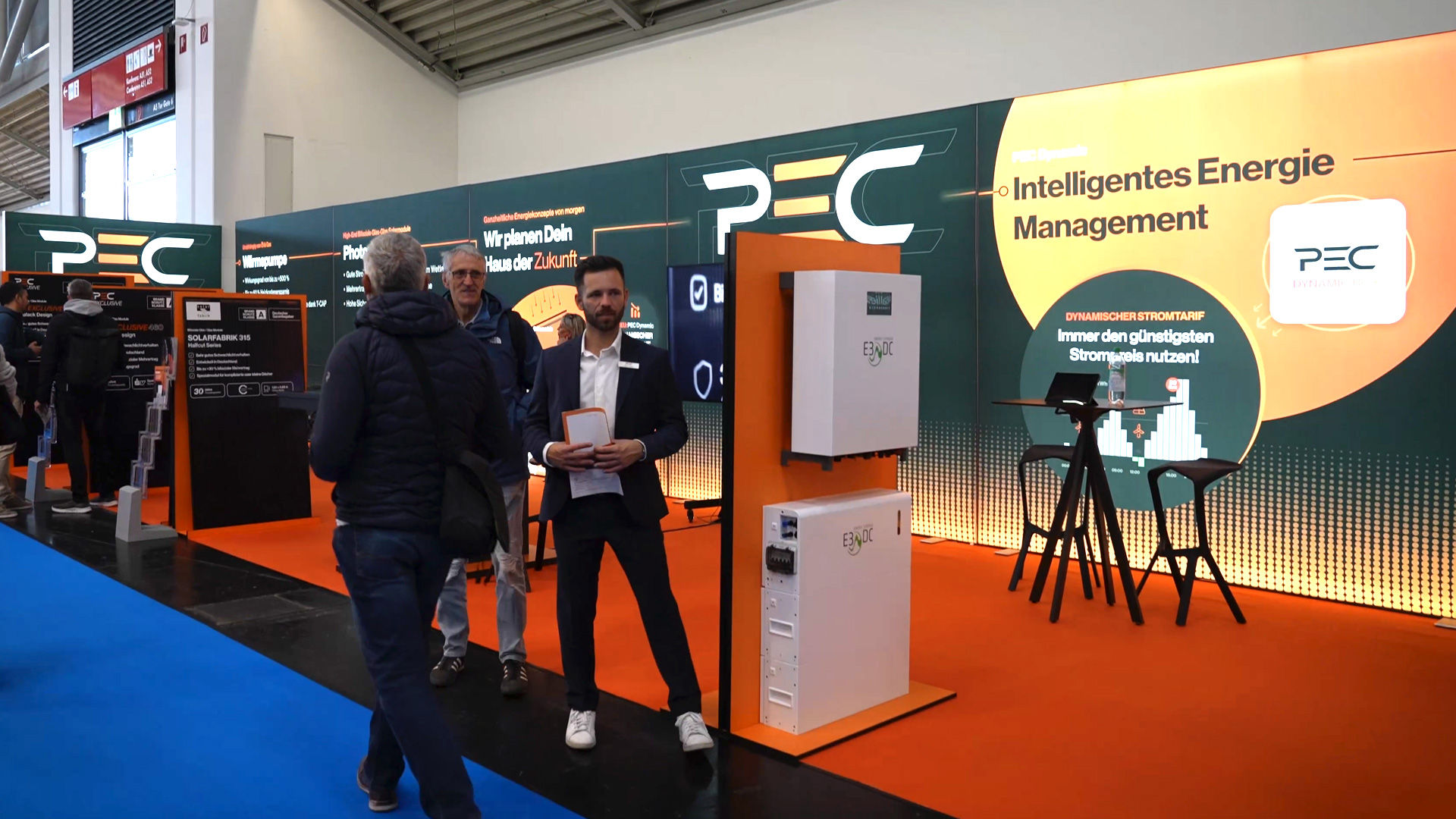PEC Energy Consulting uses intelligent energy concepts with E3/DC to show how households can gradually become less dependent on traditional electricity and heating markets. Under the guiding principle of PEC Professional Energy Consulting – Paths to Independent Energy Supply, the company combines storage technology, energy management, and digital models to create holistic solutions. This clearly demonstrates how PEC Professional Energy Consulting brings together technical innovations and economic efficiency to create practical concepts for the private energy transition.
PEC stands for Professional Energy Consulting – professional energy consulting with a focus on practical solutions for private households. The company develops energy concepts that reduce electricity and heating costs while optimizing self-consumption. The key question here is how to ensure that energy remains available even when the sun is not shining. Modern electricity storage systems play a central role here. They store the solar power generated during the day so that it can be used in the evening or when the weather is bad. Dynamic electricity tariffs allow households to store cheap night-time electricity, making their energy use more efficient and economical.
An important partner of PEC is E3/DC, a company of the Hager Group, known for its meter cabinets in many households. Since 2010, E3/DC has been developing intelligent all-in-one energy storage systems with energy management integrated directly into the inverter – a clear advantage over systems with multiple external components. Emergency power supply, energy manager, and control are combined in one device, which avoids communication problems and increases operational reliability. Development and service are carried out entirely in Germany, ensuring the highest quality.

The combination of storage technology and networking is opening up a new chapter in energy use. An example: An E3/DC customer no longer feeds their surplus electricity into the public grid, but makes it available to a virtual power plant. The computing power used there can be used, for example, to generate cryptocurrencies such as Bitcoin. This allows the user to achieve a higher return than with conventional feed-in tariffs. This makes self-generated solar power particularly valuable in the summer – instead of flowing into the grid without remuneration, it can be converted into computing power or new energy projects.
The future of energy supply lies in smart grids and networked consumers. The rollout of smart meters in Germany is still low—only a fraction of households have smart meters. But with the increasing number of electric cars, the need to precisely control energy flows is growing. Solar power generated during the day can be stored in a targeted manner and used later to charge vehicles. The idea of bidirectional charging goes even further: electric cars are not only supplied with electricity, but can also feed energy back into the grid when needed. This creates a flexible grid in which vehicles serve as mobile storage devices.

E3/DC has now built up a network of around 180,000 installed systems in Germany. These customers are connected to each other and form a potential foundation for a next-generation virtual power plant. The concept is still under development, but the trend is clear: energy is becoming decentralized, digital, and networked. Power storage, electric cars, and smart energy management systems are converging into a system that creates independence.

Another step in this direction is so-called home mining. These are small computers with outputs between 1,000 and 6,000 watts that can be operated in the home. They provide computing power to a community and thus generate income – ideal for times when electricity prices fall into negative territory. When the price of electricity is minus 14 cents at noon in summer, it makes sense to consume electricity in a targeted manner instead of sending it into the grid without compensation. PEC Professional Energy Consulting thus shows ways in which new uses can be created from an oversupply of energy. The combination of E3/DC technology, intelligent energy management, and digital business models opens up completely new perspectives for private households: from cost reduction and grid stabilization to active participation in the energy future.